GRIN Disorder and the Medical System
Share This Post

One of the most well-known phrases families hear when they are expecting a child is “Nothing matters as long as the baby is healthy.” What happens when he or she is not? Instead of bringing your baby home to start a new family life, you are thrown into what the medical world refers to as the ‘Diagnostic Odyssey.’ We notice issues, either at birth or shortly after, and we bring our child to our pediatrician. From there, we go through multiple referrals and specialists, and a myriad of tests, or we are brushed off when an answer cannot be found easily.
The world of rare disease is medically complex and each disease is rather hard to diagnose. Due to the low prevalence of a disease, like GRIN Disorder, and lack of knowledge, parents are often forced to become the experts of their child’s condition. We recently asked our #GRINDisorder community about their biggest challenges with the medical system. Here are a few answers.
Finding a team who listens and wants to learn more
- Finding a good team of doctors who listen. Once you find that, you are golden. Shannon G. (GRIN1 Mom)
- I have been told by our neuro that I just have to accept the fact that my daughter has a genetic mutation and some things just have to be accepted…like seizures. I expect the world for my child…which means I expect people to continue to fight to give my daughter the best life she can have and not use the excuse of her genetic mutation to give up on finding something that works for her. Kelly L. (GRIN2A Mom)
- We know our children and know more about GRIN than the professionals, yet they don’t listen. Kim S. (GRIN1 Mom)
- Finding people who care enough to keep digging when the answer turns out not to be the easiest, most obvious one. Keep looking, even when it is hard, or when things get weird. Rebecca W. (GRIN2B Mom)
- Not all medical professionals are willing to learn from us parents and listen to us. Been there many times. Now I have a team of doctors who know a lot about GRIN disorders and it takes so much pressure off of my appointments. Kasia D. (GRIN2B Mom)
- Our pediatrician and therapists had not heard of GRIN2D. It’s unnerving when they seek information from me, I’d feel much more confident if they were better educated and were more aware of the difficulties and medical challenges our GRIN patients face. Roslyn S. (GRIN2D Mom)
Continuity of Care
- I don’t understand why doctors don’t work together. With something so rare, more doctors working together the better. Renee G. (GRIN1 Mom)
- Continuity of care has been our biggest challenge and the most infuriating and emotionally taxing part of the medical side of this experience. I can’t help but think that if my daughter’s doctors communicated with each other we’d understand more, have more well targeted interventions, and even feel a little bit less lost. Should something as obvious as collaboration really feel so pie in the sky?! Shannon S. (GRIN1 Mom)
- That there are so many different parties working on GRIN, but they aren’t collaborating and we are missing out or don’t have access to all the information. Connie C. (GRIN2A Mom)
- It’s rare that different medical teams/disciplines work together. If neurology, OT, physio, speech therapy etc., all worked together, it would allow for a more effective management approach to adequately support the person with GRIN. Vicky J. (GRIN1 Mom)
Those with rare diseases face an uphill battle trying to get a diagnosis and, on the journey, to find treatments. Misdiagnosis can lead to inappropriate disease management, progression and worsen our child’s quality of life. What we need our specialists to know is that they do not need to be an expert in our child’s condition to meet our needs. Listening and validating our experiences, as well as forming a team to communicate treatment progression, are a few of the ways our medical system can make a difference.
Read more Posts

Count Me In 2022
CureGRIN is looking for GRI Families to help us raise funds for research into treatments and cures, as well as other education and community-building programs provided by CureGRIN Foundation.

